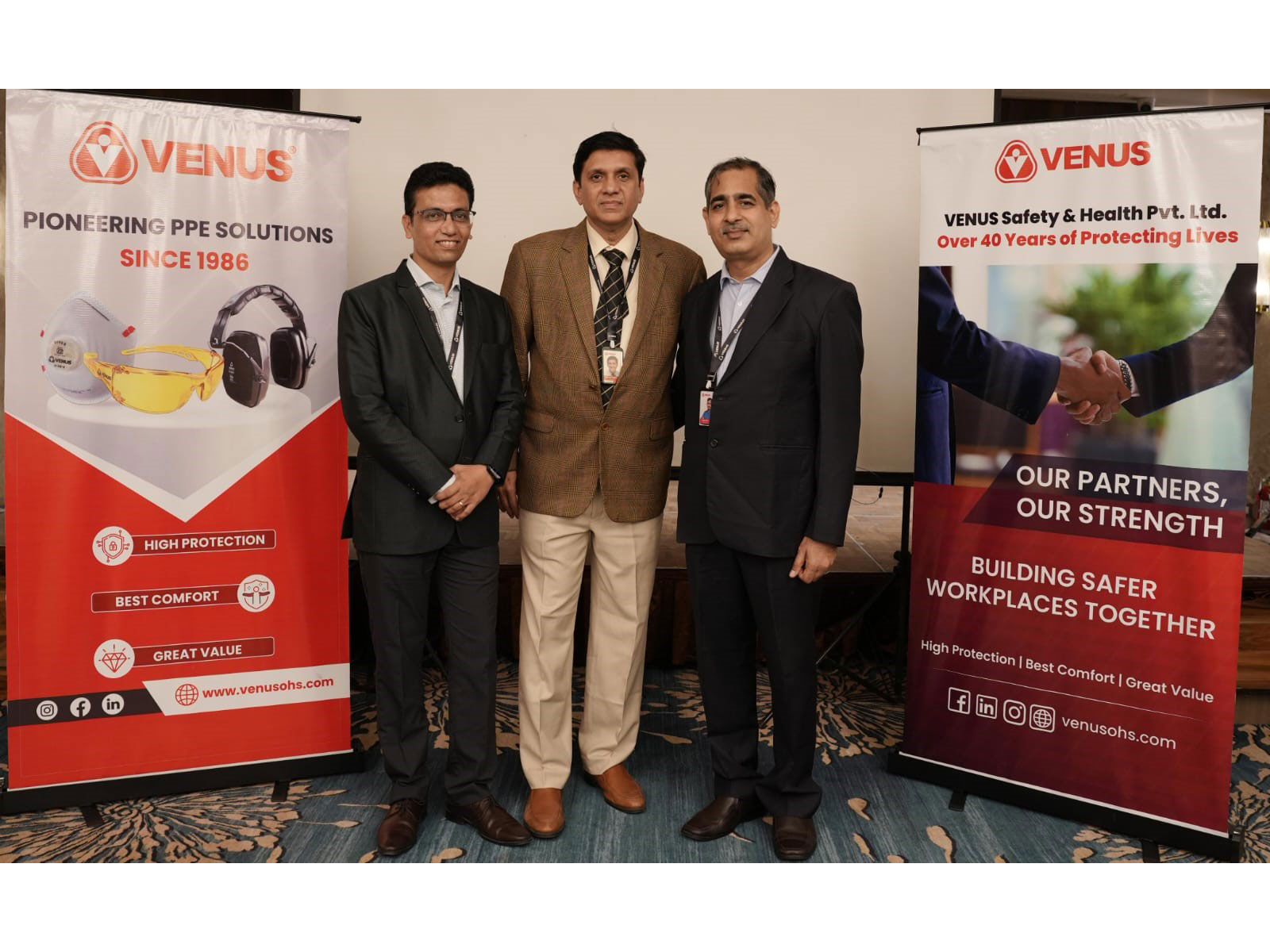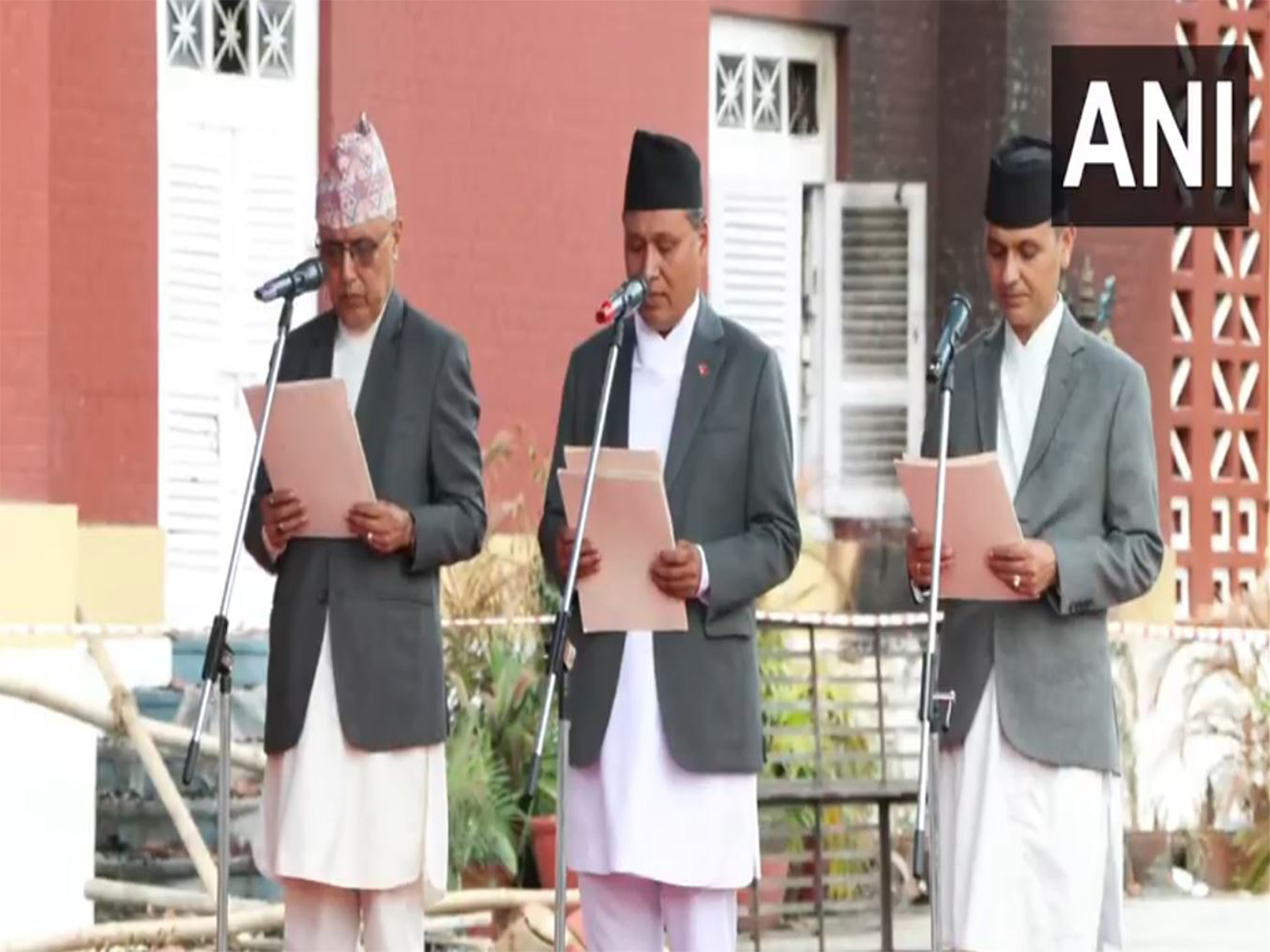The Silent Suffering: Dr. Jyoti Bansal on Why Most People Miss Early Kidney Disease Warning Signs
Sep 16, 2025
PNN
Jaipur (Rajasthan) [India], September 16: Kidney disease creeps up quietly. Unlike chest pain that sends you rushing to the emergency room, kidney problems develop over the years while you feel fine. This makes early detection tricky but essential.
Dr. Jyoti Bansal, a urologist and kidney transplant surgeon in Jaipur, sees what happens when people wait too long. "We see many patients only when swelling, breathlessness, or severe weakness starts," he says. "By then, treatment gets much harder."
Symptoms People Brush Off
Early kidney disease symptoms seem minor. Foamy urine that doesn't go away means protein is leaking from your kidneys. Mild swelling around your eyes in the morning gets blamed on bad sleep or getting older.
Blood pressure that's hard to control, waking up at night to urinate, feeling tired all the time, poor appetite, or nausea - people ignore these changes because they happen slowly.
"Don't dismiss small changes," Dr. Bansal warns. "Notice foamy urine. Notice swelling. Your kidneys are trying to tell you something."
Who Needs to Worry Most
Some people face higher risks. Diabetes and high blood pressure damage the tiny blood vessels in your kidneys. Being overweight, having heart problems, or having kidney disease in your family makes things worse.
Dr. Bansal tells patients with family kidney problems to start getting checked by age 30-35, sometimes earlier.
Tests That Catch Problems Early
Checking your kidney health doesn't require expensive scans. You need basic blood work to see how well your kidneys filter waste, a urine test to check for protein, blood pressure readings, and tests for blood sugar and cholesterol.
These tests cost much less than dialysis or kidney transplants later.
"Early action is the easiest, safest, and most affordable way to save your kidneys and your life," Dr. Bansal explains.
Kidney disease affects millions of people, but many don't know they have it until serious damage occurs. Regular testing catches problems when treatment still works well and costs less.
Protecting your kidneys starts with paying attention to subtle changes and getting checked once a year if you're at risk.
About Dr. Jyoti Bansal
Dr. Jyoti Bansal is a distinguished Urologist, and Kidney Transplant Surgeon with over two decades of clinical excellence. He has performed more than 10,000 endourology procedures and over 200 independent kidney transplants at leading institutions in Jaipur, including Manipal Hospital and Fortis Escorts. Dr. Bansal is recognized for pioneering minimally invasive techniques and "tubeless & stentless" transplant pathways that reduce patient recovery time. As founder of iLiOS Health, India's dedicated second-opinion platform, and co-founder of RITU IVF, he champions transparency and evidence-based care. His commitment to patient empowerment and surgical precision has established him as a trusted leader in North India's medical community.
Disclaimer: This article is for general information purposes only. Always consult your doctor before taking any step.
(ADVERTORIAL DISCLAIMER: The above press release has been provided by PNN. ANI will not be responsible in any way for the content of the same)








